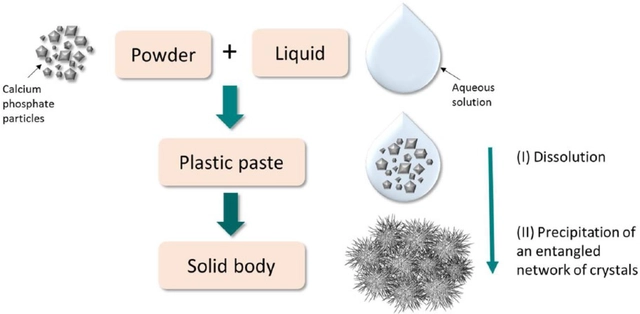Medication risks: what to watch for and how to stay safe
Medications help millions, but they can also cause harm if you don’t pay attention. You probably know about common side effects, but risks go beyond that — wrong dose, drug interactions, counterfeit pills, and buying from sketchy online pharmacies can all cause trouble. This page pulls practical tips from our articles so you can avoid the most frequent and dangerous mistakes.
Common risks you should know
Side effects: every drug can cause unwanted effects. Some are mild (nausea with antibiotics), some are serious (movement changes with antipsychotics like risperidone). If a new symptom starts after a drug, don’t ignore it.
Interactions: mixing medicines — prescription, OTC, or supplements — can change how a drug works. For example, some heart and blood pressure meds don’t mix with certain antibiotics or grapefruit. Tell your pharmacist everything you take.
Wrong dose or timing: underdosing can fail to treat the problem; overdosing can be toxic. Antibiotics like ciprofloxacin need correct timing with food and antacids to work well. Follow the label and ask if you’re unsure.
Special groups: kids, older adults, pregnant or breastfeeding people, and those with kidney or liver problems face higher risks. Doses often need adjustment. If you fall into one of these groups, ask for tailored advice.
Counterfeit and low-quality meds: fake drugs can contain wrong ingredients or no active drug at all. This risk rises when buying from unverified online sites. Our reviews and buying guides show how to spot trusted pharmacies and avoid fakes.
How to reduce your risk — simple steps that help
Check the source before buying. Use licensed pharmacies, look for a real address and pharmacist contact, and avoid deals that seem too good to be true. Read our posts on buying Tamiflu, Tadalista, and peptide suppliers for signs of legit vendors.
Read the leaflet and ask questions. The patient leaflet lists common side effects and key warnings. If anything is unclear, call your pharmacist or prescriber. They can tell you what’s normal and what needs urgent care.
Keep a medicine list. Write down every prescription, OTC drug, and supplement you take. Share it with every provider. This prevents dangerous interactions and duplicate therapy.
Watch for red flags. New mood changes with allergy or asthma meds, severe stomach pain, yellowing skin, sudden shortness of breath, or allergic reactions need immediate attention.
When buying online, verify credentials and expect to provide a prescription when needed. Avoid sites that ship without asking for a prescription or that hide contact info. Our online pharmacy reviews point out common scams and safer alternatives.
Stay proactive. Ask about safer alternatives if a drug causes problems, and report bad reactions to your doctor. Small steps now prevent bigger problems later.
Want examples and deeper reads? Check articles on side effects, safe online buying, and alternatives to popular drugs across the site for specific drug risks and real-world tips.
As a blogger, I've recently come across the topic of Hyperprolactinaemia and its potential link to Osteoporosis. Hyperprolactinaemia is a condition where there's an excessive production of prolactin, a hormone that affects fertility and bone health. Osteoporosis, on the other hand, is a bone disease that weakens the bones, making them more susceptible to fractures. Through my research, I've learned that high levels of prolactin can disrupt normal bone remodeling, putting those with Hyperprolactinaemia at an increased risk of developing Osteoporosis. It's crucial to be aware of this connection and seek early medical intervention to manage both conditions effectively.
Read more






